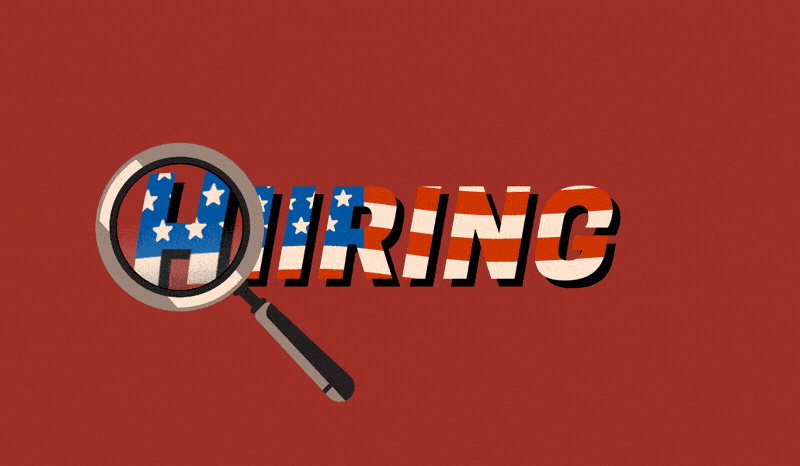Secure your place at the Digiday Media Buying Summit in Nashville, March 2-4
Hiring program in energy tech sector enlists military veterans to fill data center skills gap

As the data center faces unprecedented demand and a critical shortage of skilled technicians, energy tech firm Schneider Electric has launched an initiative to recruit and train 400 U.S. military veterans for customer-facing service roles supporting data centers, power systems and critical facilities.
The timing couldn’t be more opportune. Data center demand is projected to grow 33% annually by 2030, while the industry struggles to find qualified candidates for increasingly complex systems.
Veterans already comprise 7.2% of Schneider’s U.S. workforce, exceeding the federal benchmark of 5.1%. The company was recently named a 2025 Gold Military Friendly Employer.
Those who may wonder about the seamlessness of ex-military going into a support role for data centers will want to talk to Jerome Soltani, senior VP of U.S. services at Schneider, who initially had doubts about his own cultural fit when he took the role eight years ago. “I said, guys, are you crazy? You are sending a French guy to manage technicians in the field, half of them veterans?” he related at Schneider’s recent Innovation Summit North America. After working alongside the team, he soon realized his worries were misguided. “It has been my best experience,” he says.
Soltani quickly discovered that military experience — including operating within hierarchies, managing duties independently and maintaining a problem-solving approach — translates directly into field service excellence. Today, veterans comprise over 30% of Schneider’s field service technicians.
Bobby Cain, senior vp and CIO of Schneider North America and himself a veteran of the U.S. Army, says the foundation is intentionality. “If it’s a nice to have or just another HR initiative or flavor of the month, you’re not going to get it off the ground,” he said. “People will see right through it, too.”
Cain related that Schneider’s Veterans Employee Resource Network has grown from a grassroots effort to 800 members representing more than 6% of its workforce. One-third of the company’s veteran hires go into field service roles that don’t require college degrees, he noted.
“We can teach them how to turn a wrench. We can teach the technology,” Cain explains. “But loyalty, duty, resilience, respect, courage, integrity — those are skills that are not necessarily teachable.”
Approximately 200,000 service members transition out of the military annually in the U.S. While veteran unemployment rates remain relatively low at 3.6%, post-9/11 veterans face a higher rate around 4.1%. Key challenges include translating military skills to civilian requirements and adjusting to different workplace cultures.
Research shows only 19% of employers believe veterans possess strong communication skills, despite 64% of veterans rating themselves as effective communicators — spotlighting a significant perception gap.
Meanwhile, the data center skills shortage continues to challenge employers, with staff requirements projected to grow globally to nearly 2.3 million this year — something Schneider is addressing by way of initiatives like Schneider Electric University, which to date has delivered one million-plus courses to more than 650,000 data center professionals worldwide.
More in Marketing

Future of Marketing Briefing: AI’s branding problem is why marketers keep it off the label
The reputational downside is clearer than the branding upside, which makes discretion the safer strategy.

While holdcos build ‘death stars of content,’ indie creative agencies take alternative routes
Indie agencies and the holding company sector were once bound together. The Super Bowl and WPP’s latest remodeling plans show they’re heading in different directions.

How Boll & Branch leverages AI for operational and creative tasks
Boll & Branch first and foremost uses AI to manage workflows across teams.








